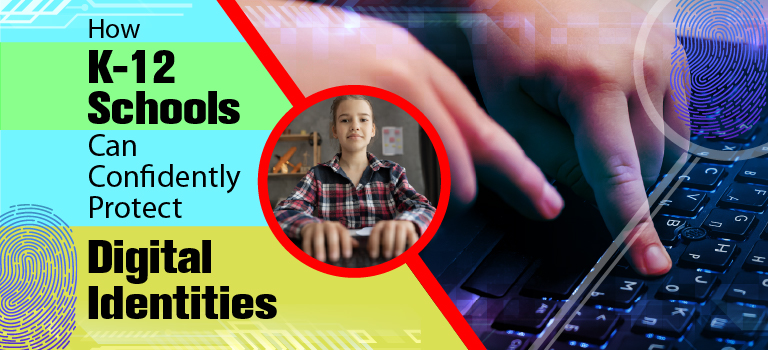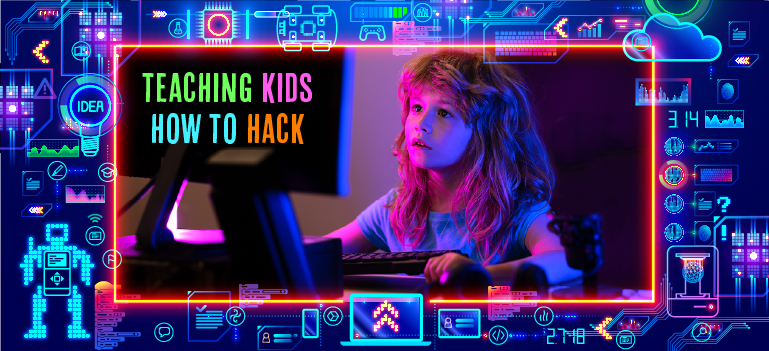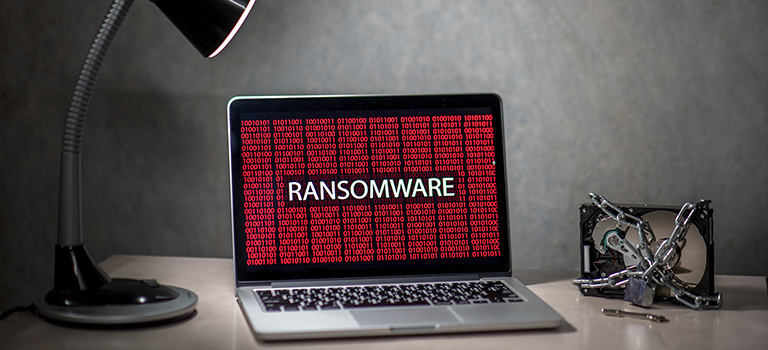Education
How K-12 Schools Can Confidently Protect Digital Identities
Author(s):
Michael Webb, Chief Technology Officer, Identity Automation
Data heavy and often highly vulnerable, the K-12 education sector provides a broad surface area for exploitation by sophisticated and novice hackers alike. Increasingly targeting all varieties of schools – large and small, urban and rural, public and private, cybercriminals seek out fast financial gain by gaining access to the highly sensitive personal data of … Read more











